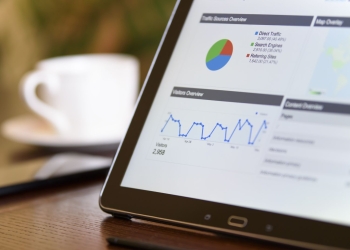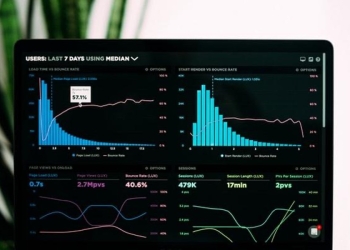“Lung cancer awareness,” “World Diabetes Day,” “LGBT culture,” “Jewish festivals,” and political and social convictions are among the categories that would not be allowed on Meta’s platforms any longer. Meta, previously Facebook, recently revealed that it would remove all sensitive ad-targeting options, including interactions with data on race, healthcare, religious beliefs, politics, or sexual orientation. Meta has come under scrutiny for its ad-targeting abilities and limitations in recent years. The modification is said to go into effect on January 19, 2022.
In a recent article, Graham Mudd, the company’s vice president of product marketing for advertisements, stated, “We’ve heard concerns from experts that targeting options like these could be used in ways that lead to negative experiences for people in underrepresented groups.”
The corporation has been chastised for its micro-targeting capabilities. There have been charges of advertising discriminating against or attacking vulnerable communities. “The decision to remove these Detailed Targeting options was not easy, and we know this change may negatively impact some businesses and organizations,” Mudd said in the article recently.
Mark Zuckerberg’s Meta logo looks a lot like Berlin-based migraine app
Meta’s ad capabilities are utilized by many advertisers, such as election campaigns, social issue organizations, and enterprises. Marketers on Meta’s platforms will continue to target the right audience based on their geography, leverage their customer data, reach audience segments who have interacted with their content, and deliver advertising to people who share similar qualities as those users.
The situation is unlikely to have a financial impact on the company. According to Reuters, CEO Mark Zuckerberg anticipated in 2019 that politicians’ advertisements would account for less than 0.5 per cent of Meta’s 2020 income. Facebook said it’ll offer individuals better control over the advertising they see by allowing them to opt-out of seeing fewer ads connected to politics and alcohol.























